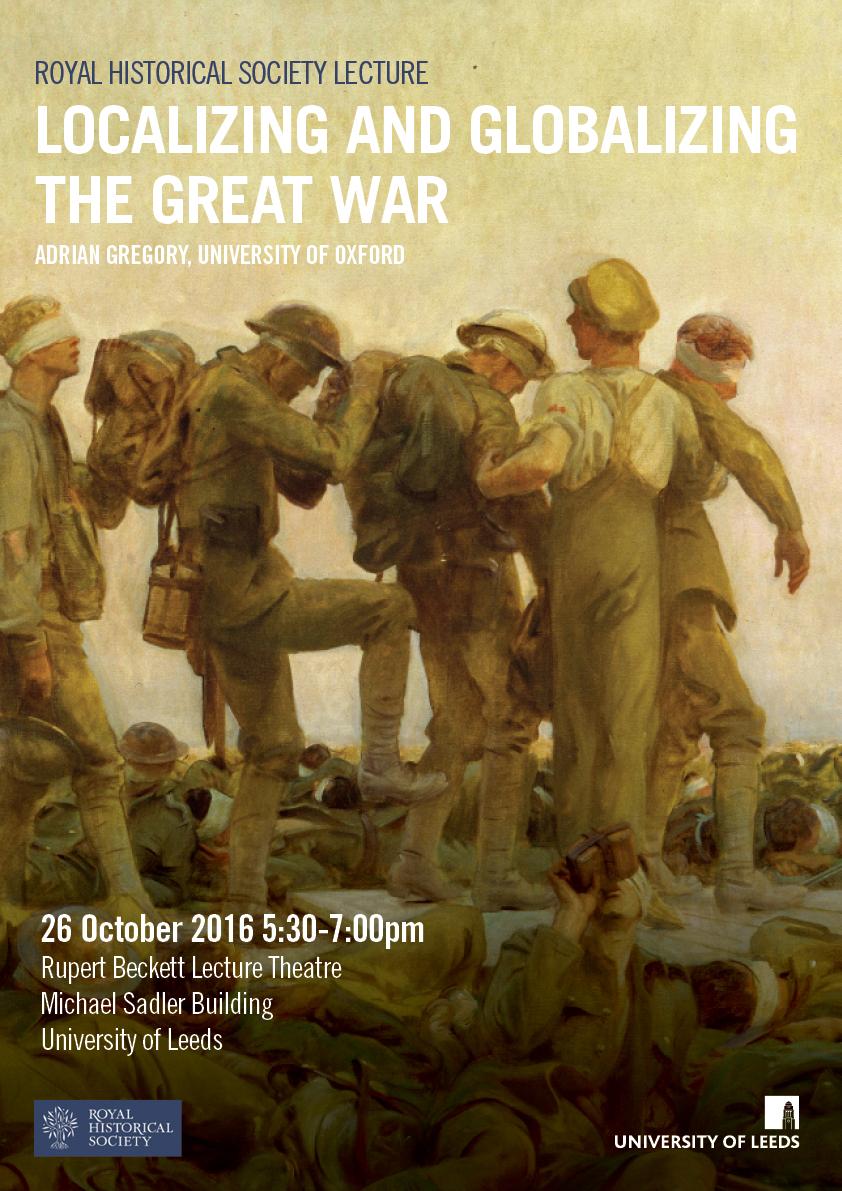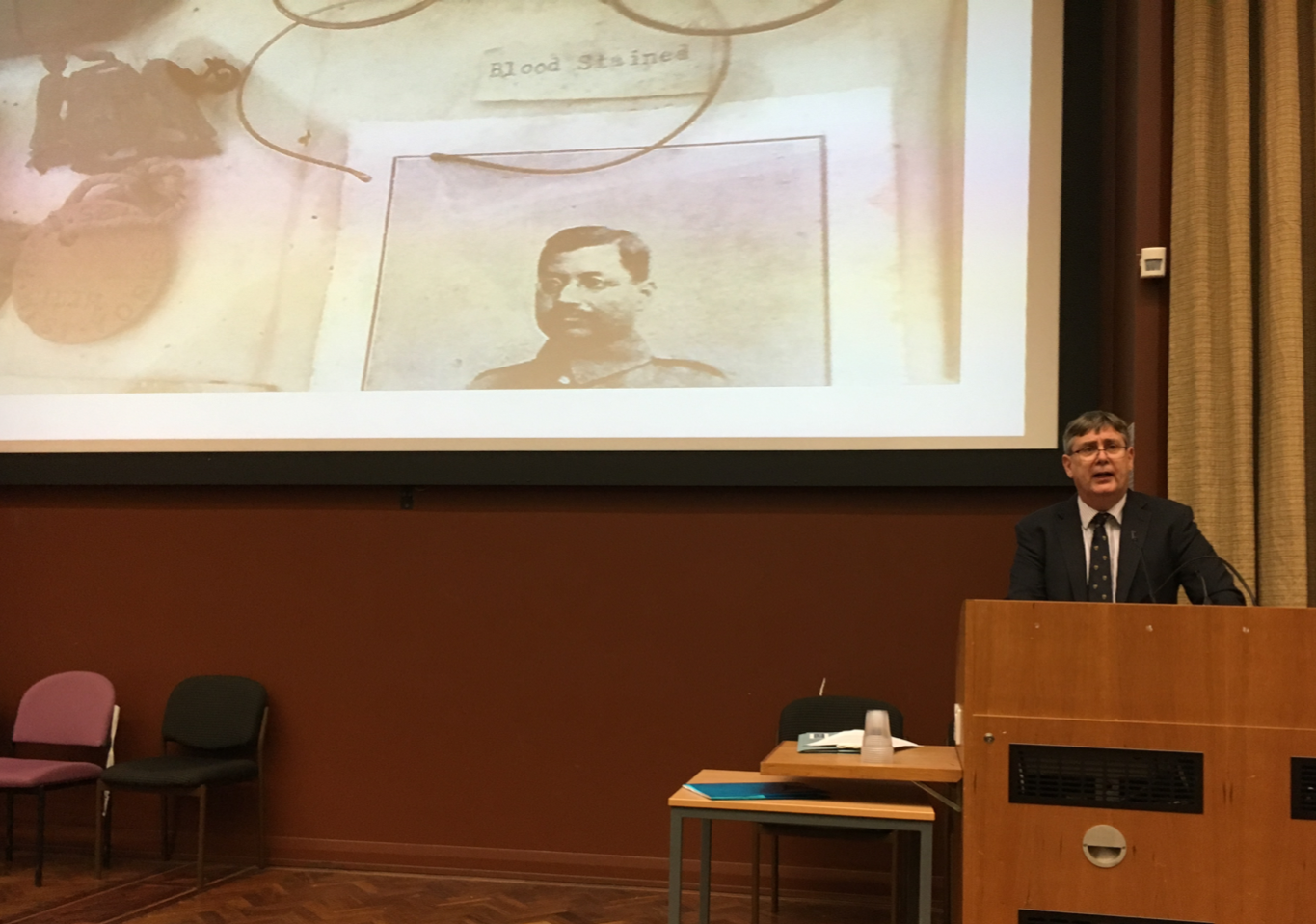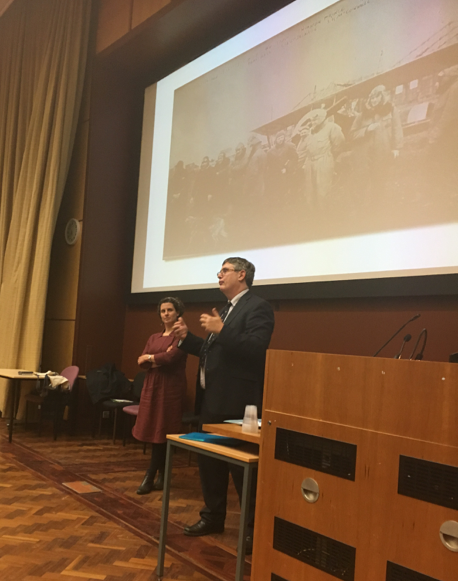A 1-day Symposium to be held in the Centre for the Study of Modern Conflict at the University of Edinburgh, United Kingdom on Saturday 18th March 2017
Keynote: Professor Jay Winter, Yale University
During the First World War a number of ex-services organisations arose in the UK, run by the men themselves, motivated by poor administration of war pensions and other allowances, and radical enough to rattle the Government. Other veterans, male and female, chose non-political activities, such as the church, trade, education or agriculture, while still others just wanted to shed their service identities altogether. This symposium is designed as an encompassing event to explore the experiences of veterans and their dependents during and after the conflict, and to investigate how military service influenced their subsequent lives. While it focuses primarily on the UK, the organisers are also keen to attract papers about the experiences of veterans in other countries.
Proposals for 15-minute individual papers are invited. Joint proposals for panels or workshops will also be considered. Abstracts of 250 words should be accompanied by your name, institutional affiliation (if applicable) and a brief biographical statement (100 words).
Submissions are welcome from established and emerging academics (postgraduate and early career researchers are particularly encouraged), independent researchers, community projects, organisations/associations, and any other interested parties who relate to the theme of the symposium. Please make all submissions through the dedicated website at https://whattommydidnext.submittable.com/submit. Deadline: 30 November 2016.
Potential paper topics may include, but are certainly not limited to:
• Ex-service organisations during and after the FWW, including the Association of Discharged Sailors and Soldiers (DSS), The Federation of DSS, The Comrades of the Great War, The National Union of Ex-Servicemen, The British Legion
• Ex-service issues in post-war society(ies)
• The involvement of veterans in politics
• State responses/reactions to ex-servicemen/women
• Non-State responses/reactions to ex-servicemen/women
• Disabled Veterans
• Ex-servicewomen and Ex-Servicewomen’s Associations
• Veteran engagement with the Church or religion
• Veterans and Violence, Disorder and Discontent
• Veterans and Radicalism
• Veteran identities
• Comparative experiences of veterans in different belligerent countries
• Commemoration, Memory and Veterans
The language of the conference is English, and all speakers will be expected to deliver their papers in English. Request to join the mailing list, and any other enquiries, to Mike Hally. Further information will be posted on the event website.
Contact Info:
Mike Hally, doctoral candidate, Centre for the Study of Modern Conflict, University of Edinburgh.



